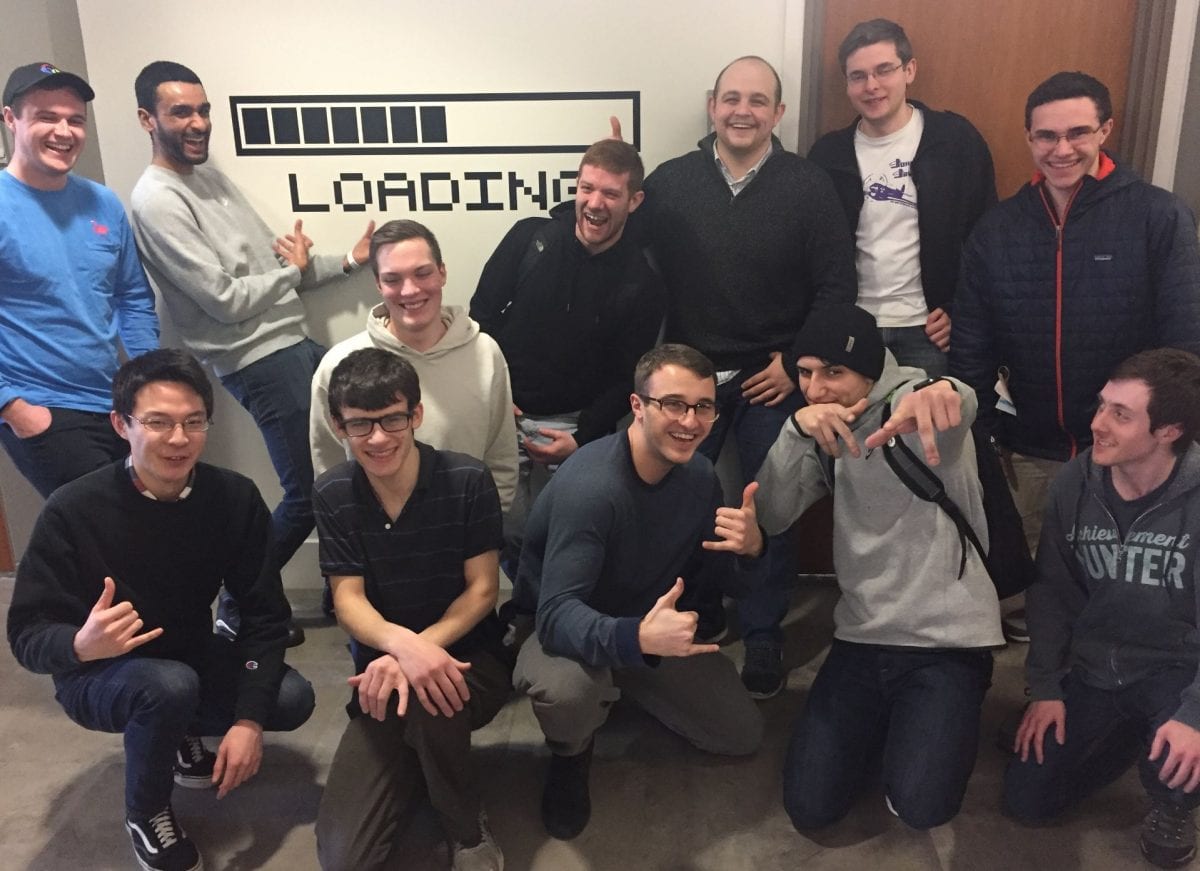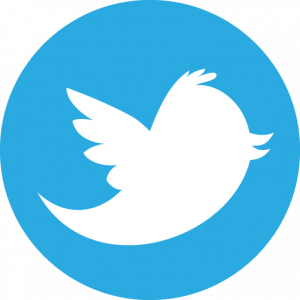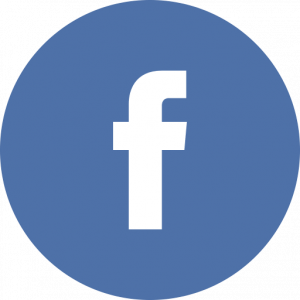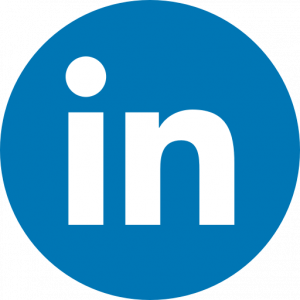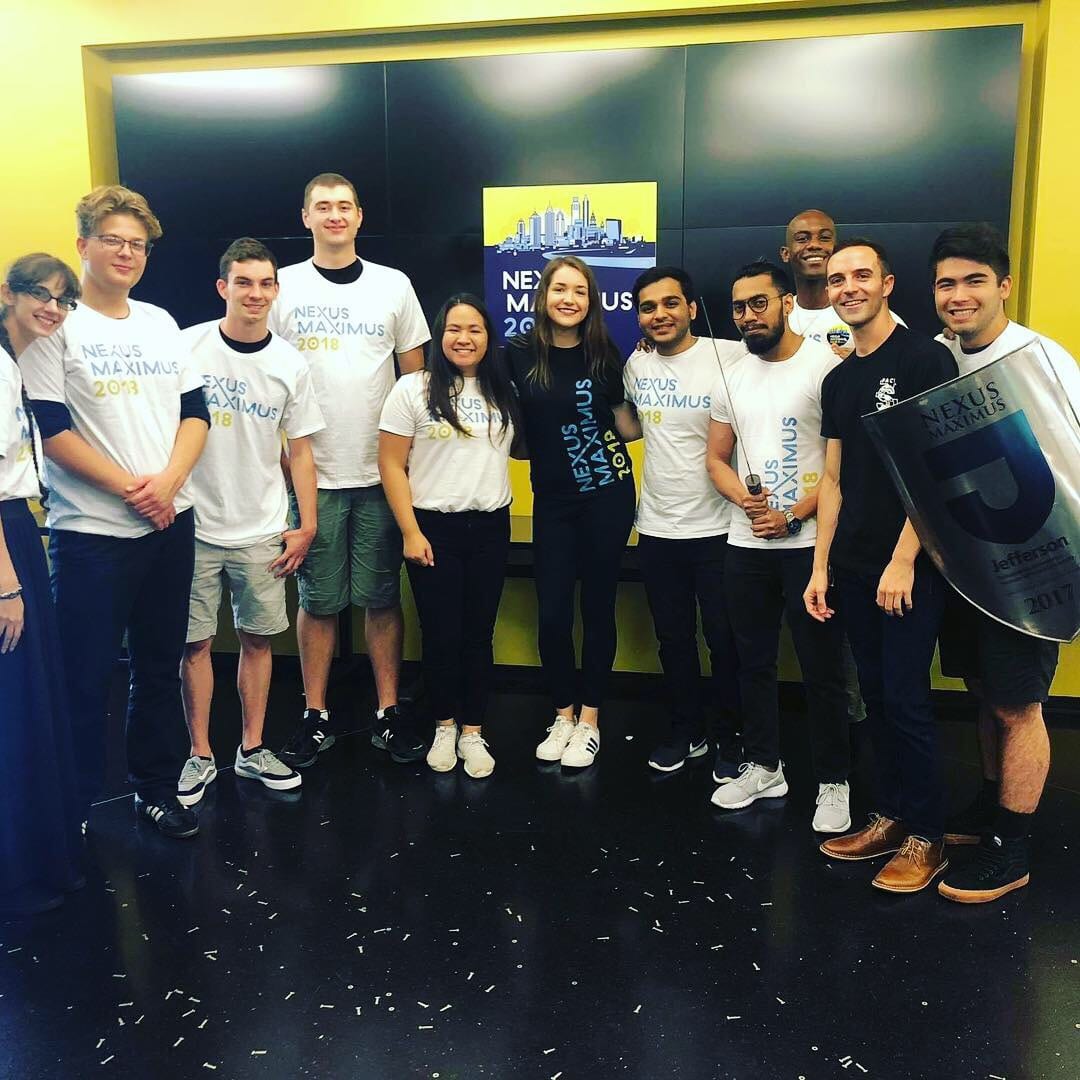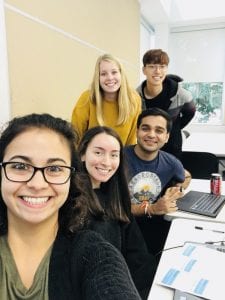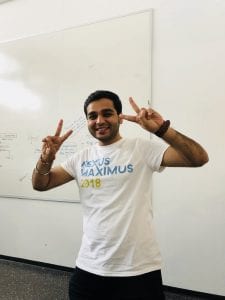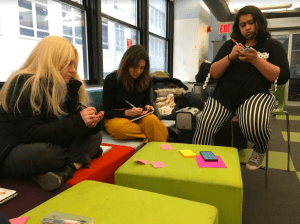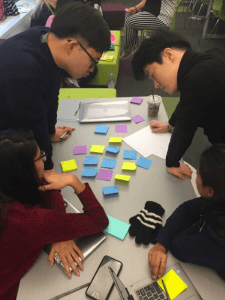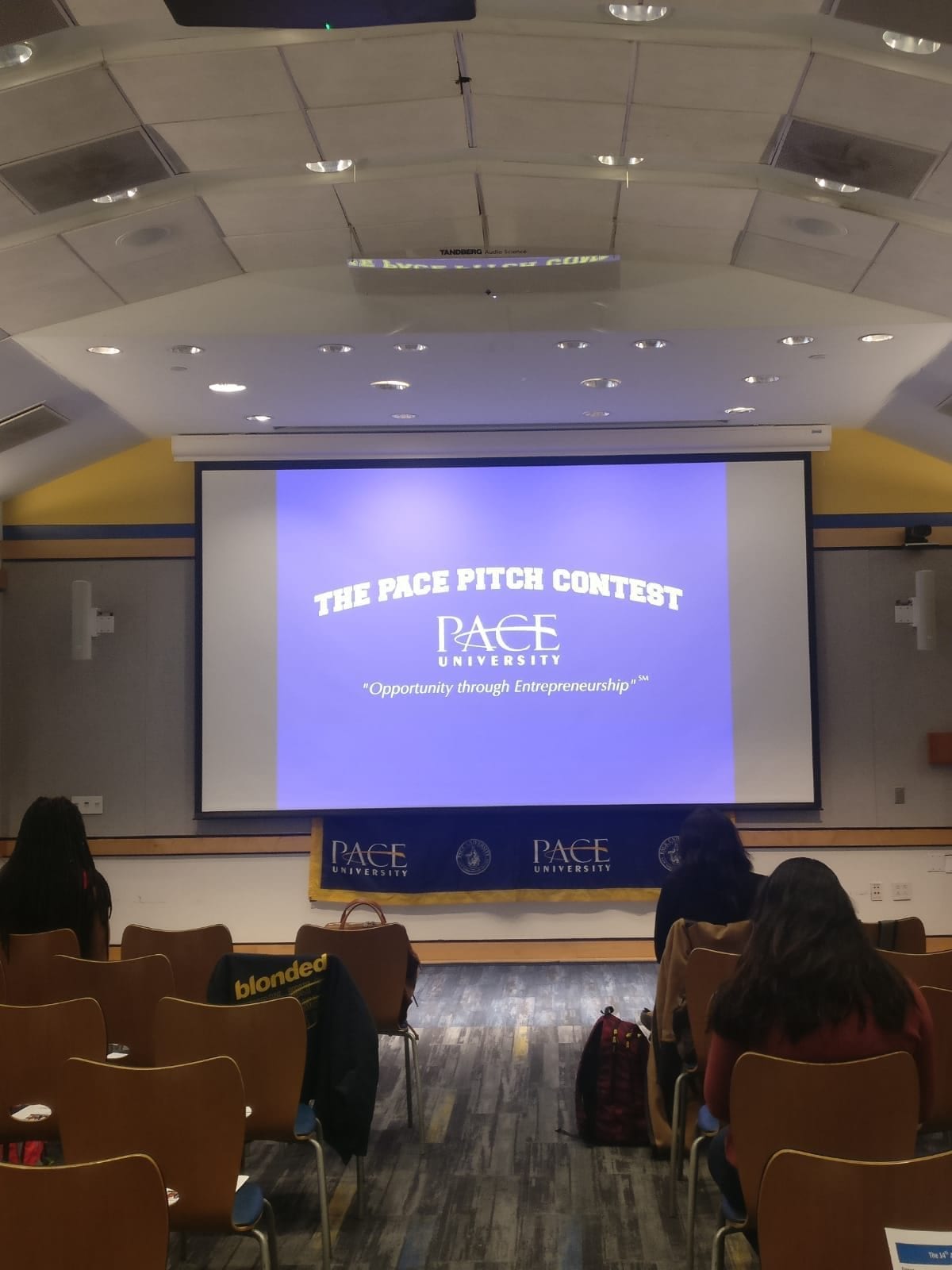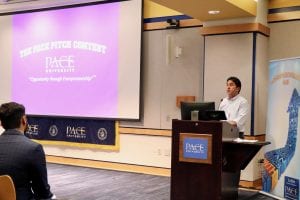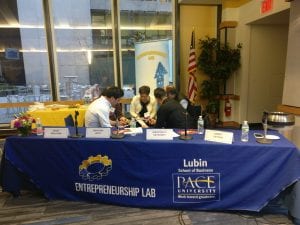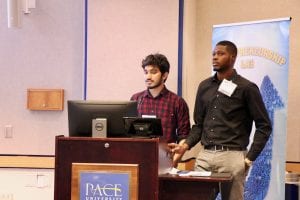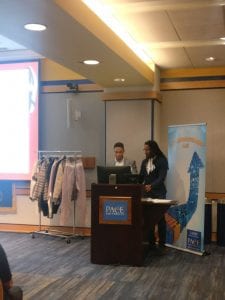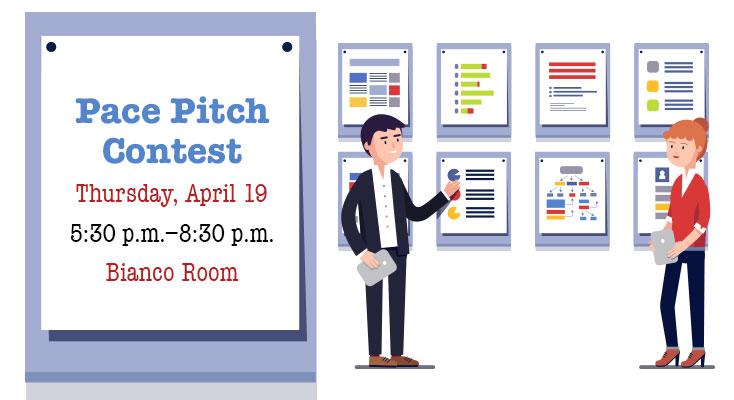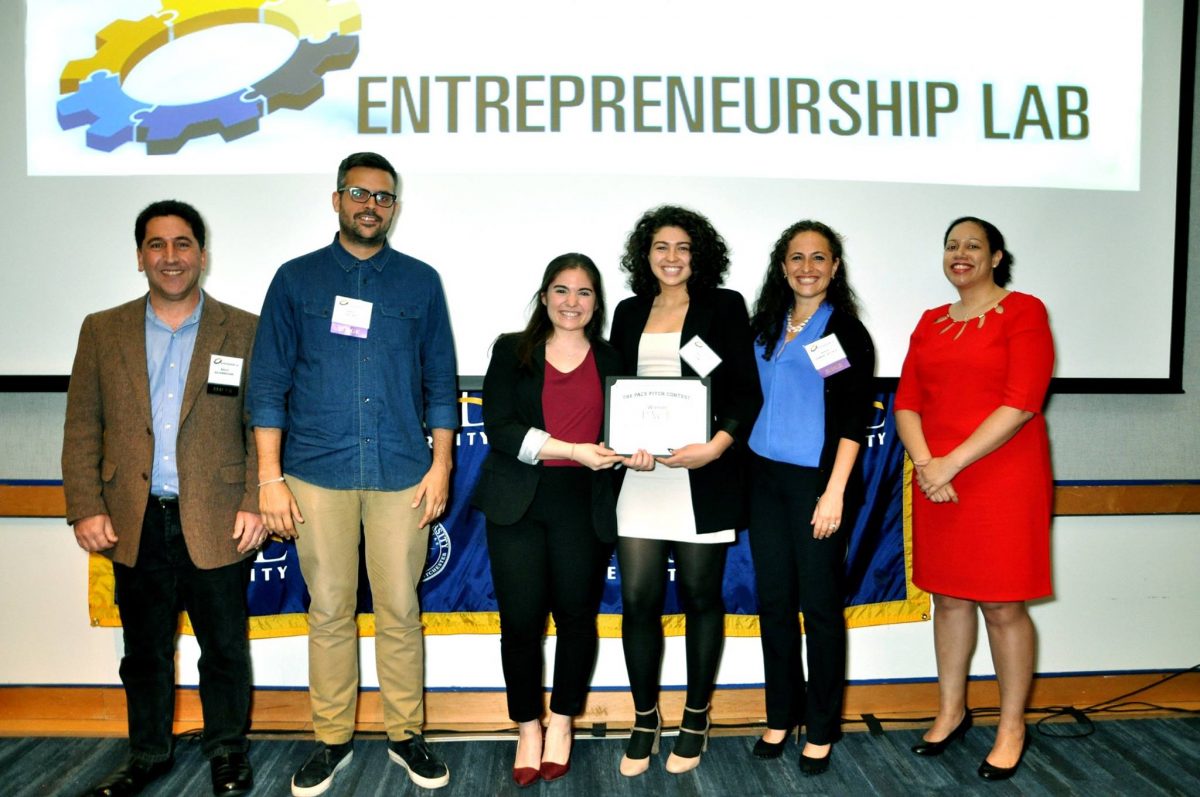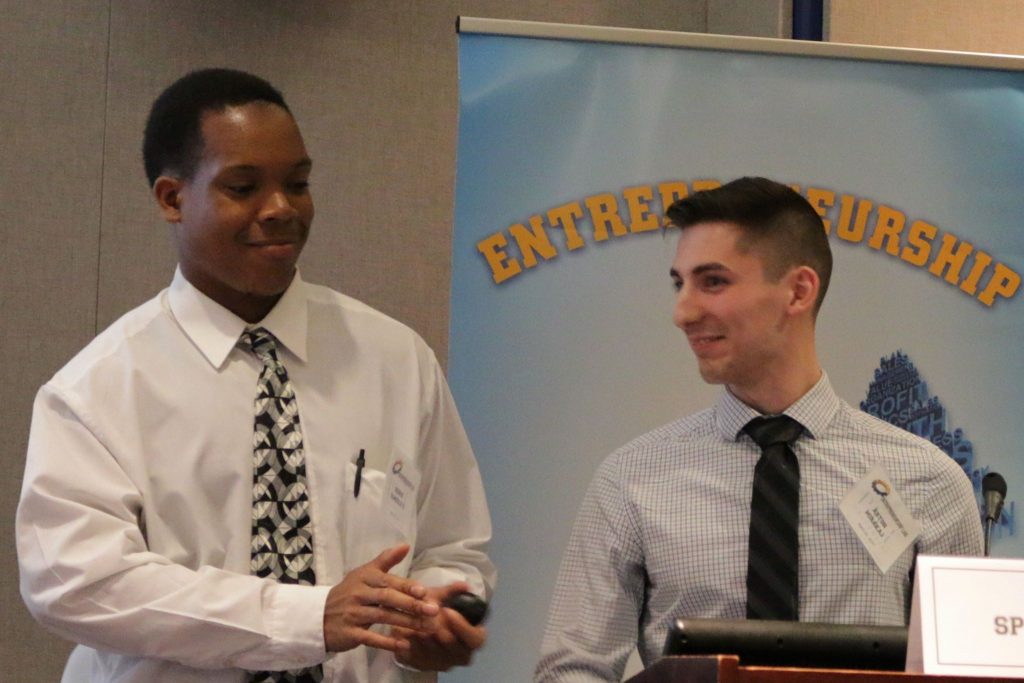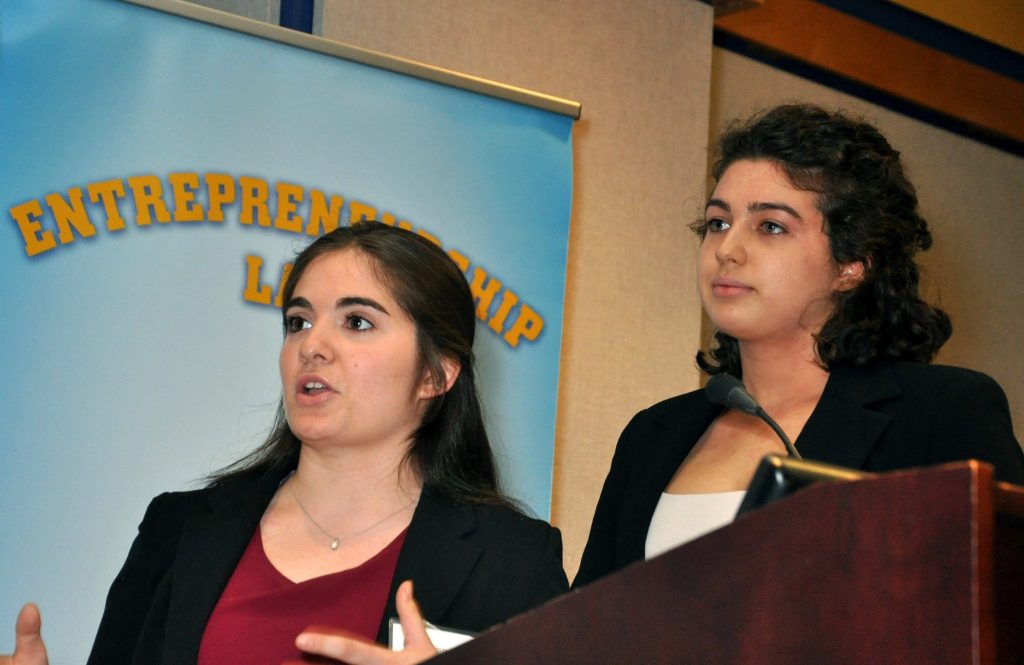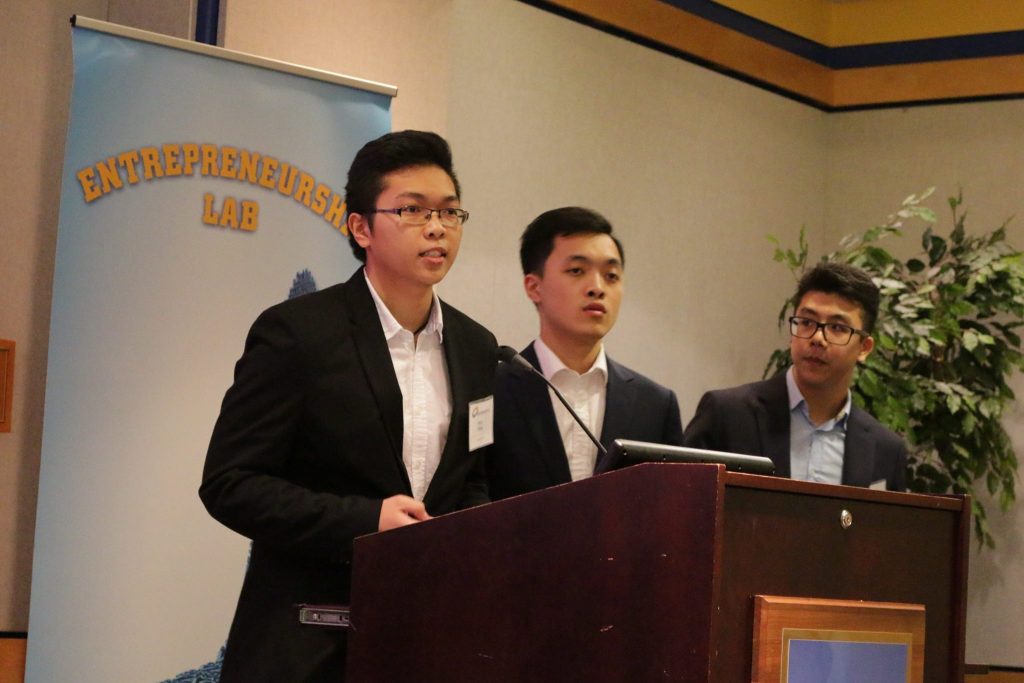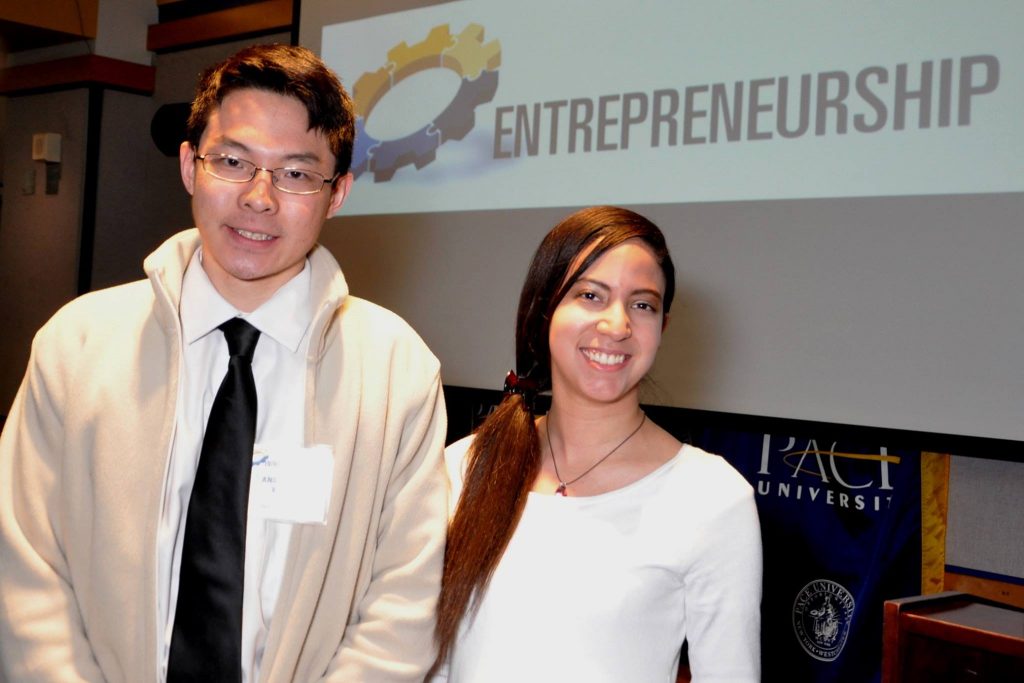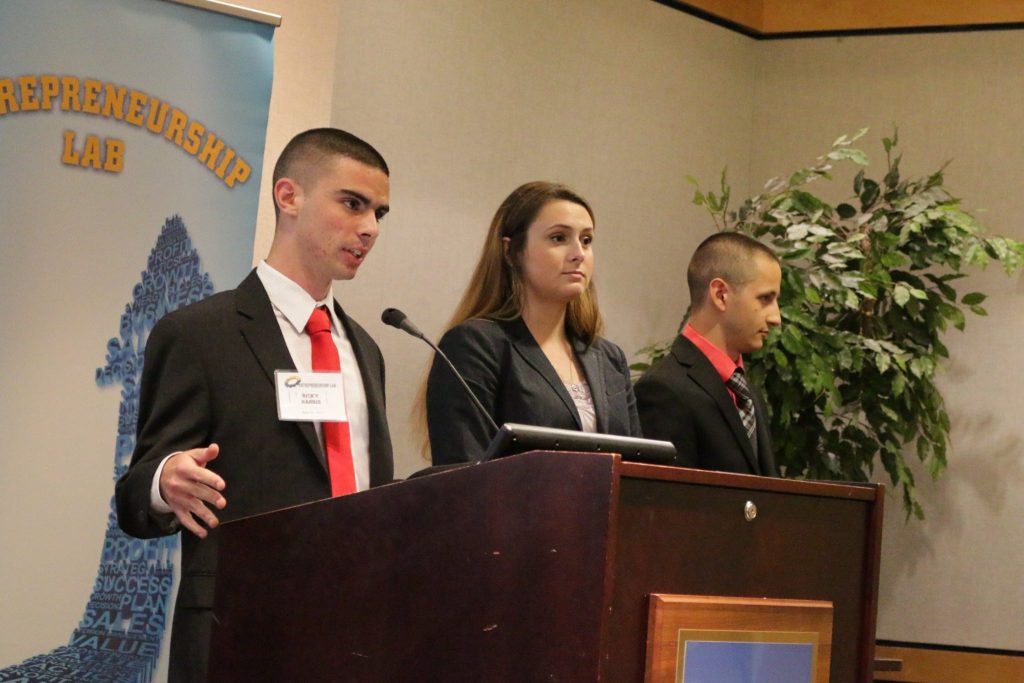The Seidenberg School is proud to share that the Pace Cyber Team participated in the Northeast Collegiate Cyber Defense Competition (NECCDC) Qualifier on January 26. The team competed from the Goldstein Academic Center on the Westchester campus.
The team is made up of Seidenberg students—Daniel Barr, Andrew Ku, Ryan Kennedy, Benjamin Longobardi, Charlie Adams, Joel Thomas, Cole Patterson, Ryan Nuebel, Ryan Distelhurst, Danny Decarvalho, Mark Rolon, and Ronny Cervante. They worked hard to prepare for the competition and come as far as they did.

Michael O’Rourke, the System Administrator at AQR Capital Management, served as a team judge for Pace University. Dr. Li-Chiou Chen also supported the training of the team throughout the fall and spring semesters by allowing the students to utilize the Cybersecurity Education and Research Lab. The team would like to thank both Michael and Dr. Chen for their time and contributions to the group this academic year. The team would also like to thank their coach, Professor Andreea Cotoranu, who has been working with the team since 2012.
Andreea notes that “throughout  the competition the students get real-life experience with hardening systems, handling attacks, and reporting incidents in a high-pressure environment. In training for the competition, the students work on their technical, communication and teamwork skills.”
the competition the students get real-life experience with hardening systems, handling attacks, and reporting incidents in a high-pressure environment. In training for the competition, the students work on their technical, communication and teamwork skills.”
Andreea continues: “cybersecurity is a team sport yet getting a team of talented, strong-willed students is not always easy. I am proud of what the team has accomplished this season; beyond expanding their technical expertise, the students worked really well together, not only in the Northeast Collegiate Cyber Defense Qualifier but also in the Northeast CAE
Hackathon where they placed 2nd out of eight teams.”
Joel Thomas, a graduate Computer Science student, first participated in CCDC during his freshman year. He has a lot to say about his experiences with the Seidenberg team.
“What drew me to the competition was the idea of being able to work hands-on with so many different technologies at once. I was really curious about the Information Security field and just what [it] entailed,” he says. “Throughout my years of working in CCDC, I can honestly say it was a great resource for taking my experience beyond the classroom. To not only be able to see what technologies companies are using but also gain hands-on experience.”
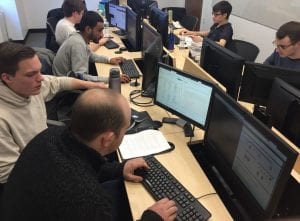
Students who gain this hands-on experience working on the Cyber Team gain useful skills to add to their resume and get great experience working on realistic cybersecurity challenges. The team is a great way to engage with the Seidenberg community.
“The team is always looking for new members to help the team grow and continue,” Joel states.
The Cyber Team is always recruiting more students! Are you interested in becoming part of the Cyber Team next season? Get in touch with Andreea Cotoranu!
Follow us on social media for updates!


